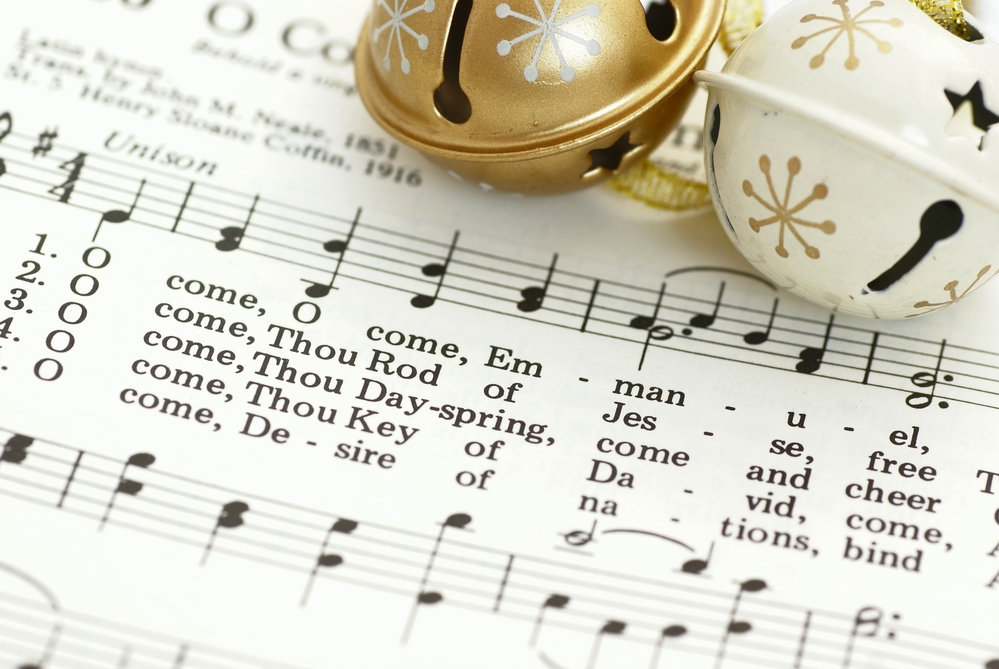Last week, I talked about the story of Hanukkah. In general, my goal is always to impart knowledge of Jewish feasts, festivals, traditions, and commentary to Christians who are trying to dig deeper into the Bible and to understand the Jewishness of their Messiah and the roots of their own faith practices.
However, right now, Christmas is upon us. I want to be sure that I am not just the Zionist who references all things Jewish and looks over the Christian holidays. I am a Christian and I believe the story of Jesus’s birth, life, and death is a life-giving theology with transformative power.
On Sunday night, I went to an evening of caroling at my church. We sang all of the carols that you may expect. I am pretty tone deaf so I prefer a good group sing where my own voice can be drowned out by the sound of other talented singers.
To me, the climax of the evening came with two songs: O Come, O Come Emmanuel and O Holy Night. These are the two carols that hit me like a ton of bricks.
In my family, we do advent and each week as we light a new candle in the advent wreath, we add another verse to the hymn O Come, O Come Emmanuel. By the end of advent, we are singing all four verses.
O Come, O Come Emmanuel is the carol to me that pulsates with Messianic hope; it encapsulates the anticipation for the Messiah that runs throughout the prophets. It threads the promises of the Old Testament and blends them into the New. We sing the words of Isaiah, “O Come Thou Rod of Jesse, free Thine own from Satan’s Tyranny.” In subsequent meters, Jesus is referred to as the “Dayspring from on high”; the “Key of David” that opens wide our heavenly home, and to “Adonai, the Lord of Might, who to thy tribes on Sinai’s height gave the law in cloud and majesty and awe.”
I love how the song paints the picture so beautifully of what Jesus was tasked to do as the long awaited, although little recognized, Messiah of the Jewish people. I appreciate the way the song honors the law given at Sinai.
I picture a song like this being so similar to the way Jesus chose to announce the beginning of his own ministry. In Luke 4, Jesus was in Nazareth and read from the prophecies of Isaiah in his hometown synagogue. Referencing the year of Jubilee, the cancellation of debts and the liberation of slaves, Jesus proclaims it the year of the Lord’s favor.
And then there is O Holy Night. Has there ever been a Christmas poem that so perfectly encapsulates the beauty of God’s redemptive plan? The music was composed by a Frenchmen in the 1800s and John Sullivan Dwight wrote the English lyrics that we sing today.
I love the verses, “Long lay the world in sin and error pining, Till He appeared and the soul felt its worth.” Our message to all the lost and hurting during this Christmas season should be that: Abide in Jesus and may your soul feel its worth.
I could not help but to literally fall on my knees in awe of the work of redemption, as the church belted out the last lines of O Holy Night:
Truly He taught us to love one another;
His law is love and His gospel is peace.
Chains shall He break for the slave is our brother;
And in His name all oppression shall cease.
Sweet hymns of joy in grateful chorus raise we,
Let all within us praise His holy name.
Shelley Neese is the author of The Copper Scroll Project and President of The Jerusalem Connection.

